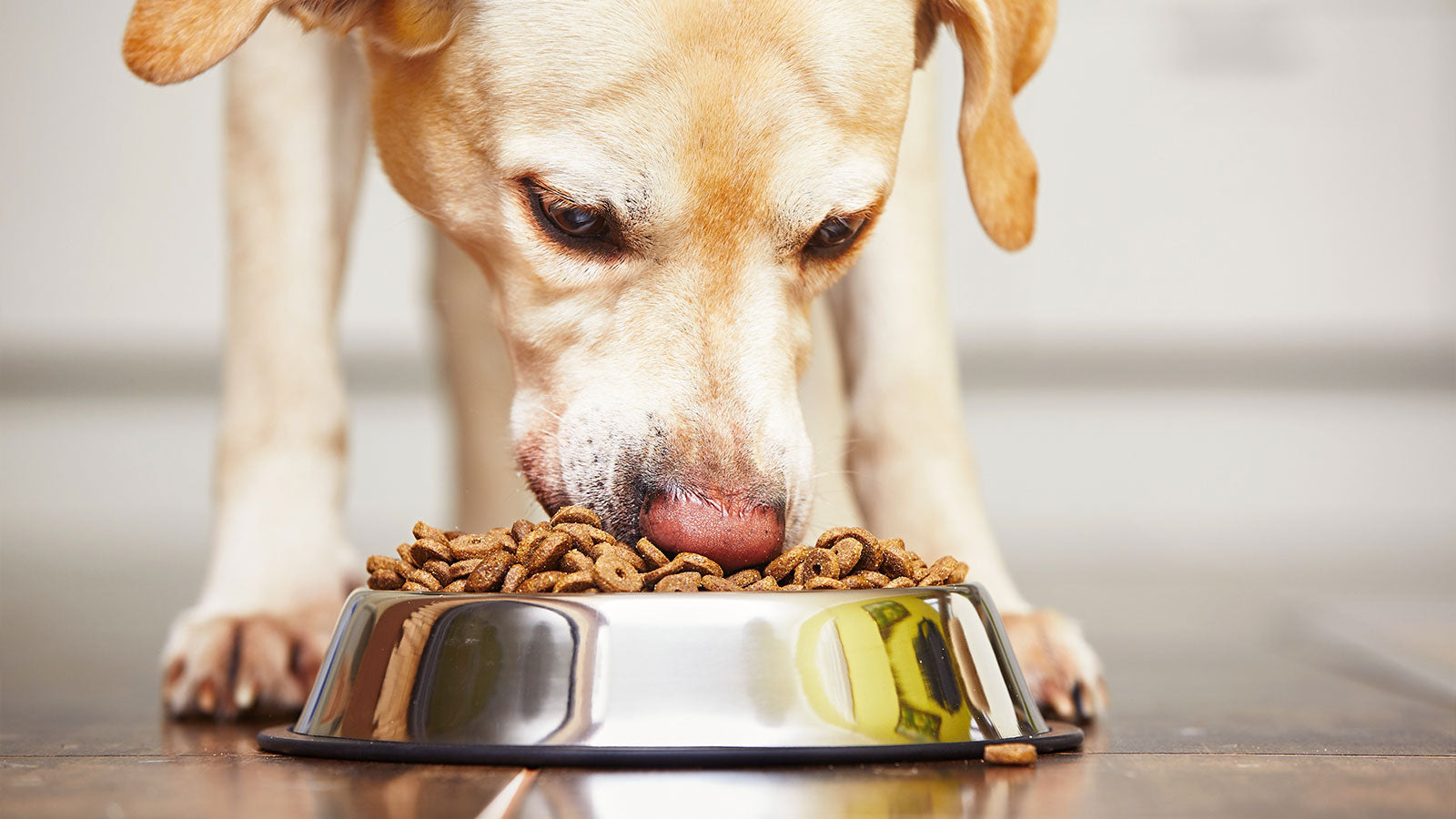Carbohydrates are a common component in dog food, but are they necessary? Despite the widespread use of carbs in commercial dog foods, dogs do not have a nutritional need for carbohydrates.
This article delves into the role of carbohydrates in dog food, their impact on canine health, and why it's essential for dog owners to be informed about what they're feeding their pets.
Why Carbohydrates Are Common in Dog Food
There are several reasons why carbohydrates are prevalent in dog food:
- Manufacturing Requirements: The production of dry kibble requires carbohydrates to form a dough-like consistency that can be processed into kibble shapes.
- Cost Efficiency: Carbohydrates are a cheap source of energy, making them a cost-effective option for pet food manufacturers.
- Product Stability: Carbs help in preserving the texture and taste of the food, making it more palatable to dogs.
- Profit Margins: Dry kibble is cheaper to produce, package, and transport, increasing profitability for manufacturers.
Can Dogs Digest Carbohydrates?
Dogs are capable of digesting carbohydrates, especially when these are cooked. However, it’s important to note that while dogs can derive energy from carbohydrates, they can also convert proteins into glucose for their energy needs. This raises the question of whether carbohydrates are truly necessary in their diet.
While a study has shown that dogs have more copies of a gene involved in carb digestion compared to wolves, this does not mean that carbs are an essential part of a dog's diet. It simply highlights the adaptability of dogs to their diet, but does not necessarily indicate that carbohydrates are beneficial or needed.
Health Impacts of Carbohydrates in Dog Food
Carbohydrate-rich diets can have several adverse effects on dogs, particularly when these diets are dominated by refined carbs:
- Insulin Metabolism: High carb intake can disrupt insulin metabolism, potentially leading to diabetes.
- Gut Microbiome Disruption: A diet high in carbs can negatively impact the gut microbiome, which plays a crucial role in overall health.
- Obesity and Excessive Hunger: Carbs are quickly digested, leading to rapid spikes and drops in blood sugar levels, causing excessive hunger and contributing to obesity.
- Inflammation: High carb diets can lead to chronic inflammation, which is associated with various degenerative diseases.
Inflammation, in particular, is a significant concern as it can lead to tissue and organ damage over time. Reducing or eliminating carbohydrate-rich foods can be an effective strategy for managing and preventing inflammatory conditions in dogs.
Misconceptions About Grain-Free Diets
Many pet owners opt for grain-free diets thinking they are low in carbohydrates. However, this is a misconception. Grain-free dog foods often replace grains with other starchy ingredients like potatoes, sweet potatoes, and legumes, which can still be high in carbohydrates.
In some cases, grain-free diets may actually contain more carbs than standard dry dog foods. Therefore, it's essential to scrutinize the ingredients list and nutritional content of dog food, regardless of whether it is labeled as grain-free.
Carbohydrates and Cancer Risk
Another critical aspect of carbohydrate consumption in dogs is its relationship with cancer. Since all carbohydrates eventually break down into simple sugars, they can fuel cancer cells, which rely on glucose for energy. Unlike healthy cells, which can utilize fats and proteins for energy, cancer cells are heavily dependent on glucose.
This is why low-carb or ketogenic diets, which are high in fats and low in carbs, are sometimes recommended for dogs with cancer. By limiting carbohydrate intake, you can help starve cancer cells of their primary energy source.
Choosing the Right Diet for Your Dog
Given the potential health risks associated with high carbohydrate intake, it’s crucial to carefully select your dog’s diet. Here are some tips to ensure your dog is getting the right nutrition:
- Read Labels Carefully: Look beyond marketing claims like "grain-free" and examine the actual carbohydrate content in the food.
- Consider a Raw or Low-Carb Diet: Many dog owners find that feeding a raw or low-carb diet improves their dog’s overall health, including better weight management and reduced inflammation.
- Avoid Sugary Ingredients: Steer clear of foods with added sugars like corn syrup, molasses, and other sweeteners.
- Monitor Your Dog’s Weight: Regularly check your dog’s weight and adjust their diet if they start gaining excess weight.
Conclusion
While dogs can digest carbohydrates, it doesn’t mean they need them in their diet. In fact, reducing or eliminating carbs can have numerous health benefits, from preventing obesity to reducing the risk of cancer. By being mindful of your dog’s diet and choosing foods that are low in carbs and free from added sugars, you can help ensure they lead a long, healthy life.






Share:
Are Grain-Free Diets Truly Beneficial for Dogs?
Hidden Sugars in Dog Food: The Silent Health Threat